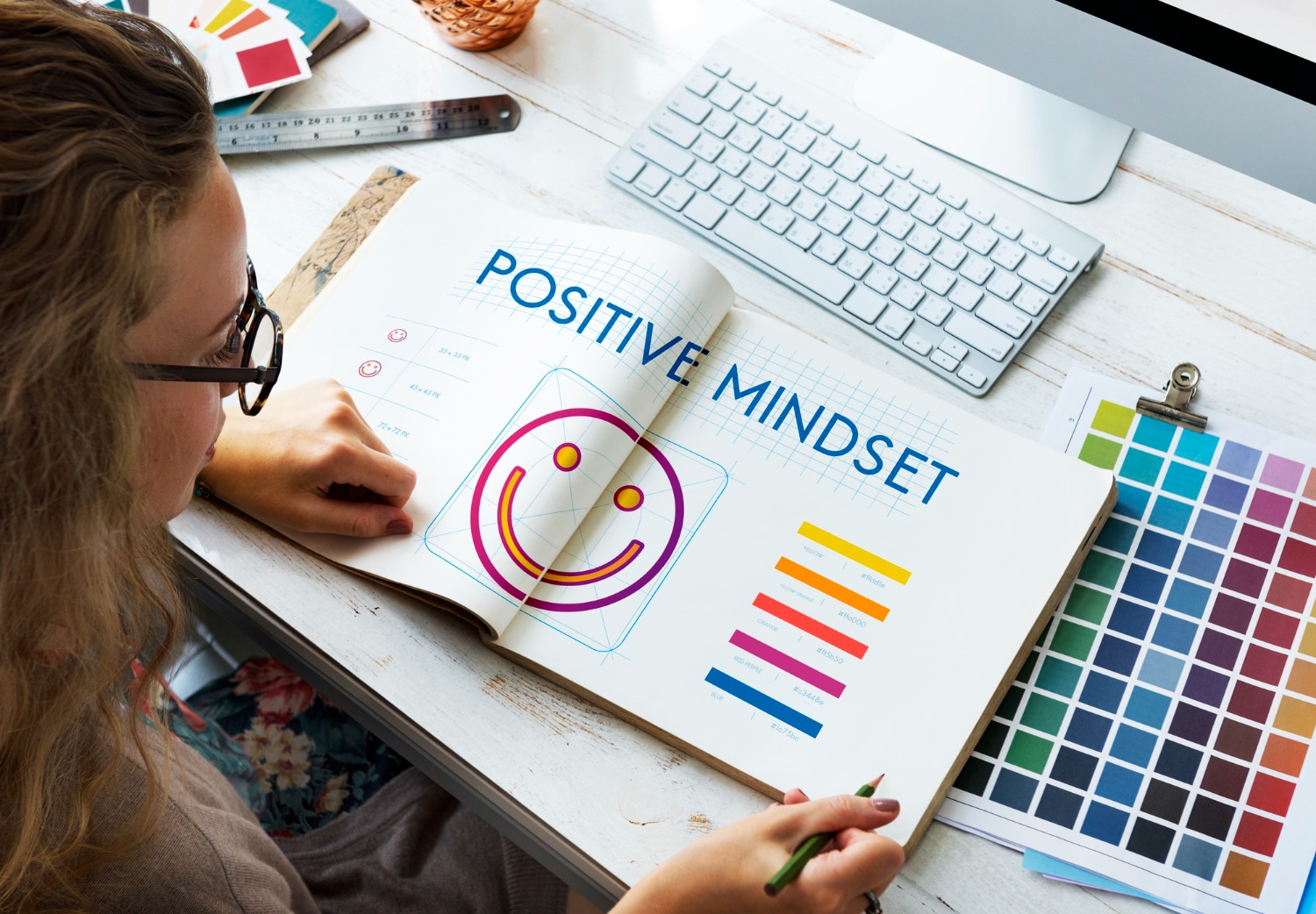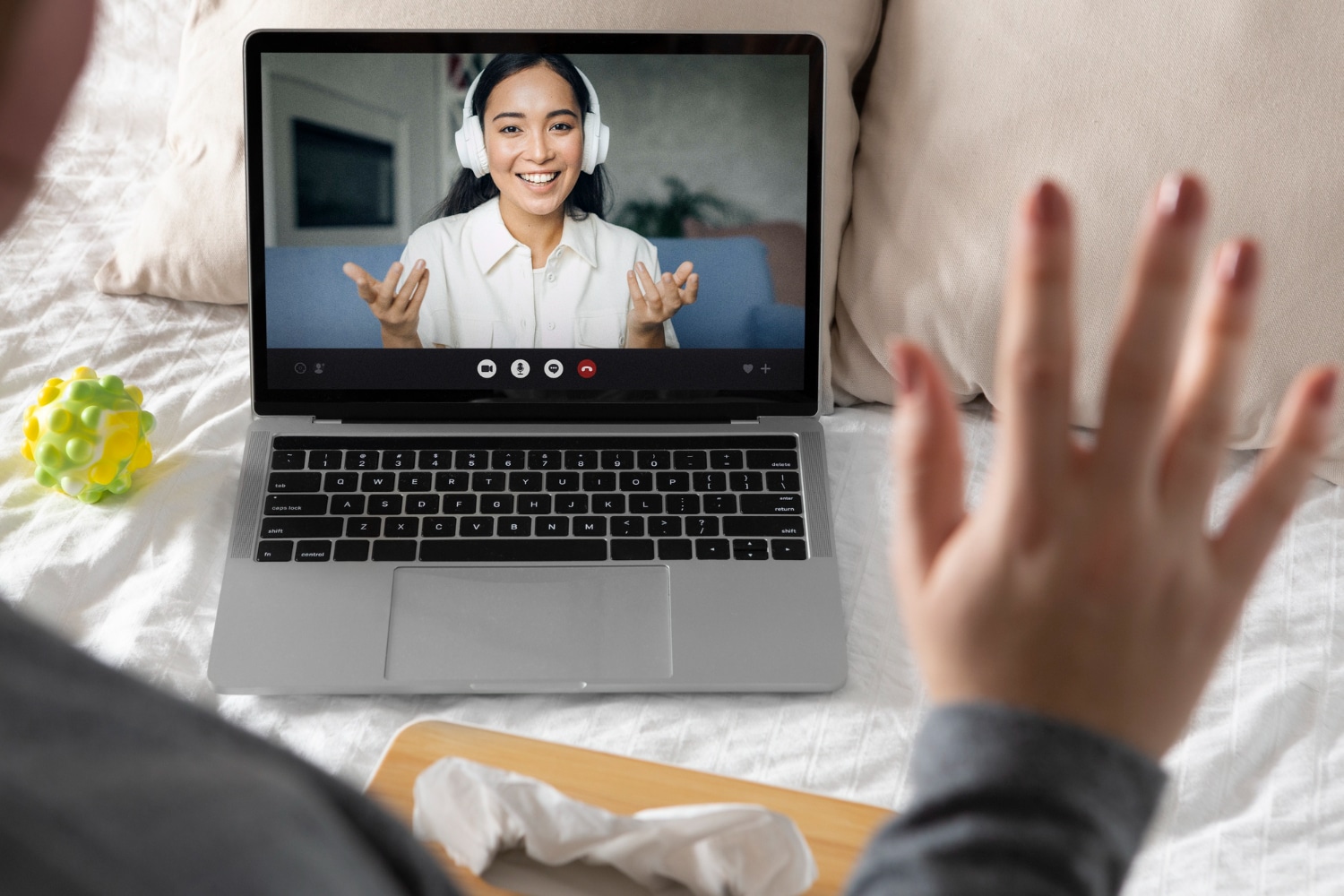- Published on 6 February 2025
Online therapy is not as scary as one might think. Sessions are full of exercises, metaphors, emotional revelations, and role plays.
Your therapist in Australia will use experiential learning and analogies to help you discover the key skills to improving your emotional well-being.
To build these skills, you may draw on the collective thought process from a therapeutic and personal angle, along with the professional.
But before you continue reading, we want to let you in on a secret:
Learning therapeutic skills is hard mental work. But this work is what makes healing possible. And this work is what makes growth and change possible.
To this end, we want to share 4 practical skills you may learn in online therapy and how these skills can help you live and thrive in your life.
This Article Contains:
4 Skills You’ll Pick Up in Online Therapy
Online therapy in Australia can help you learn skills to handle issues that may arise in many and almost all areas of life.
But these issues occur only when you have a mental disorder, right? Not quite.
Unlike commonly believed, mental health therapists don’t just address disorders, but they can also help you:
- Cope with high levels of anxiety or stress
- Understand more about your own needs and goals (for example, do you yearn to create a life for yourself where you’re truly happy but don’t know what that even looks like?)
- Overcome relationship issues
- Overcome attachment issues (for example, are you nervous about replying to your friend’s rant, so you find it easier to disappear for days at a stretch? You’re not alone. Most people with an avoidant attachment usually withdraw from the situation to avoid any discomfort.)
- Manage your thoughts, emotions and behavioural patterns, especially if they harm you
So, yes, you can seek therapy to address various issues. You may also learn some core skills that can help you apply them to your daily life if you ever decide to stop or pause therapy in Australia.
Let’s explore the skills learned in therapy that will serve you throughout your life.

1) Self-Compassion
Many situations or experiences in life can cause someone to think lowly of themselves or engage in a painful cycle of negative self-talk.
For example, being a perfectionist is an increasingly particular issue that many young adults face. The reason for this is likely due to how easy it is to compare ourselves to others through immediate access to modern technologies like social media.
The more you compare, the harder you are on yourself -> resulting in a lack of self-compassion.
During online therapy, you may learn that although you are not perfect, you are truly worthy and needed just for who you are at this moment.
This skill is so essential that just a few minutes of self-compassion can produce real change, especially when you feel low or insecure.
Moreover, your online therapist will equip you with tools like writing a compassionate letter to yourself or catching your critical self.
Cognitive behavioural and emotionally focused therapy are commonly used approaches to helping you build compassion.
“Self-compassion is a practice of goodwill, not good feelings… With self-compassion we mindfully accept that the moment is painful, and embrace ourselves with kindness and care in response, remembering that imperfection is part of the shared human experience.”
(Neff, 2019)
2) Self-Awareness
Self-awareness is a skill you may learn during online therapy to:
- Take proactive steps towards personal growth by understanding your beliefs and values
- Identify the emotional triggers that can affect your mood or energy
- See any situation in life from an objective perspective
- Stay productive even when you feel tired, and define productivity and worthiness based on your subjective measurements rather than systemic demands
- Experience feelings of pride and contentment in yourself and the work you do
- Make better decisions that are aligned with your value system
- Improve your communication skills, self-confidence, and work-related self-esteem and trust in yourself
Self-awareness is such a powerful tool that, when learned during therapy in Australia, can result in impactful change.
While your friends may give you several tips and advice on how to break a habit, they wouldn’t know why you rely on them in the first place.
However, an online therapist may use scientific tools to explore your core values and assess your self-esteem to bring awareness to:
- Why these habits are harmful for you
- The reason you rely on these habits
- What change you may experience when you break the harmful habits
Tips to Increase Your Self-Awareness
- Track everything you can. Journaling is a foundational tool for increasing self-awareness. Jot down whatever thoughts you think are important. When did they occur? Did they make you feel happy or anxious? How did you react?
- Introspect. This can be helpful when you’re doing it from a place of fact-finding goal rather than an emotional activity. Imagine you are watching yourself as a third person, and write down the facts of how you’re behaving or feeling.
- Talk to a friend for unbiased opinions on your strengths and weaknesses. Sometimes, having an outside perspective can give you a better picture of yourself and can overcome the blind spots that you may miss during introspection.
3) Conflict-Resolution
Conflict is a normal aspect of any healthy relationship – be it romantic or platonic.
After all, we can’t always agree with our partner or friend on everything. But sometimes, these arguments can get out of hand.
The idea is not to avoid conflicts altogether but to learn how to solve them healthily.
By talking to a therapist in online therapy, you may learn conflict resolution skills to:
- Manage your feelings and learn how to stay calm even when you feel emotionally triggered
- Communicate in a healthy way, especially without hurting yourself or others and avoiding saying things that you may regret later
- Pay attention to your emotions, the other person’s reactions and the thoughts being expressed
- Respect individual differences and resolve a problem faster by finding a middle ground
During online therapy in Australia, the mental health therapist may use two core techniques to teach you this skill.

a. Stress Relief
Your therapist will help you learn to relieve stress during a heated moment, which will become the key to having a balanced and focused conversation.
With this skill, you may learn how to:
- Read the other person’s body language and actively listen to what they’re actually saying
- Be in touch with your core values and communicate your needs in an articulate way
b. Emotional Awareness
Gaining emotional awareness can help you understand yourself and others better.
For example, if you don’t know that you are disappointed that your partner didn’t inform you about their work trip, you will not know how to communicate with them.
Instead, you may express anger and use phrases like, “Why did you do that?” or “Do you not care about me?”
Through effective online therapy, however, you can:
- Identify what emotion you’re feeling and why
- Express your feelings in a way that actually reaches the other person
4) Emotional Regulation
Having and maintaining emotions make us healthy humans.
Emotions connect us with other people, drive us to take action in our lives, and protect us from danger.
However, for many people, identifying these emotions is difficult, let alone trying to regulate them. This is especially true for people who may have childhood trauma or any persistent or chronic stress.
The good news is that you can learn tools during therapy services to improve your emotional regulation.
Your therapist may use techniques such as cognitive reappraisal (ie changing how you think/feel) or dialectical behavioural therapy.
Through professional support, you can:
- Disengage from the intensity of your feeling
- Interrupt the negative thought patterns (eg being critical of yourself when you’re feeling low)
- Respond to the situation adaptively and without letting your emotions make decisions
- Focus on reframing your negative thoughts when faced with a challenging situation
- Communicate your emotions calmly and assertively
- Take actionable steps to address your emotions instead of fretting about them
Conclusion
Therapy in Australia can teach you essential tools to improve your mental and emotional wellness.
The 4 primary skills you may learn during sessions include self-compassion, self-awareness, conflict resolution, and emotional regulation.
Whether you’re struggling with issues in your relationship or work, therapeutic exercises can help you manage your emotions more effectively.
TYHO Therapists are well-qualified to equip you with the core life skills mentioned in the article. If you’re ready to get started, find a therapist who best understands you!




